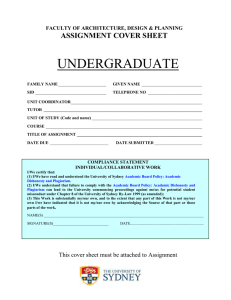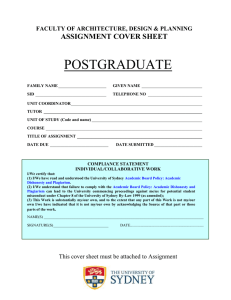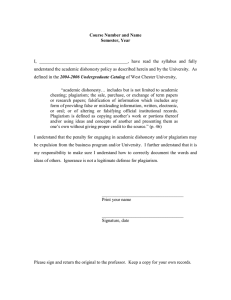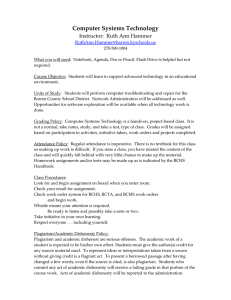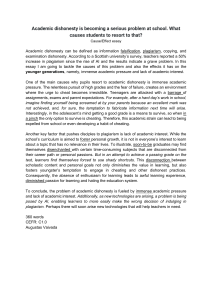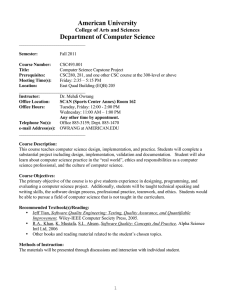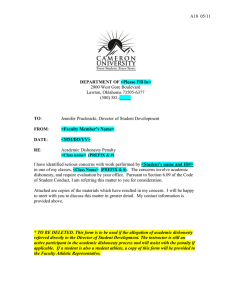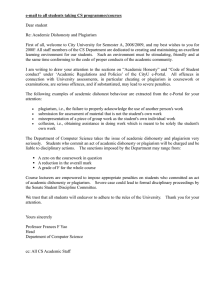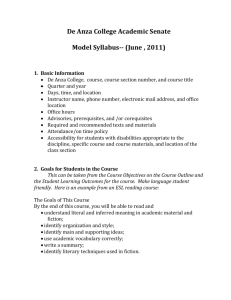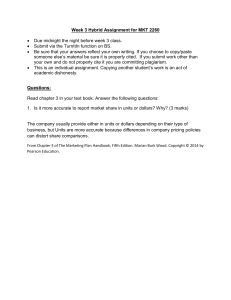A syllabus for the course is available here.
advertisement
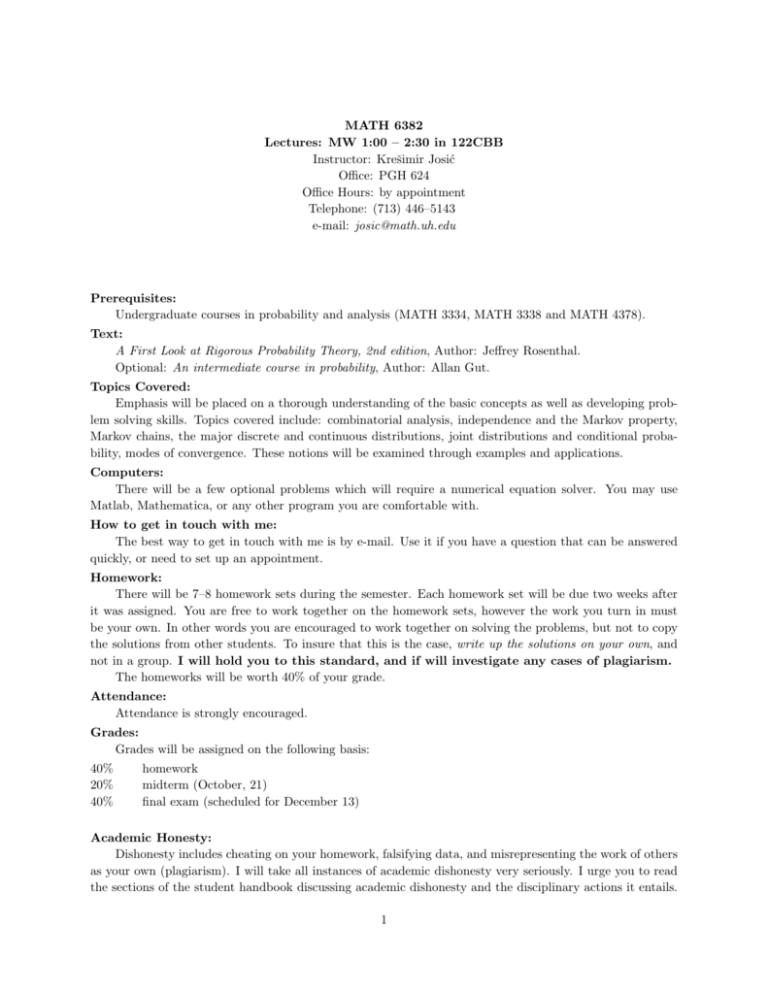
MATH 6382 Lectures: MW 1:00 – 2:30 in 122CBB Instructor: Krešimir Josić Office: PGH 624 Office Hours: by appointment Telephone: (713) 446–5143 e-mail: josic@math.uh.edu Prerequisites: Undergraduate courses in probability and analysis (MATH 3334, MATH 3338 and MATH 4378). Text: A First Look at Rigorous Probability Theory, 2nd edition, Author: Jeffrey Rosenthal. Optional: An intermediate course in probability, Author: Allan Gut. Topics Covered: Emphasis will be placed on a thorough understanding of the basic concepts as well as developing problem solving skills. Topics covered include: combinatorial analysis, independence and the Markov property, Markov chains, the major discrete and continuous distributions, joint distributions and conditional probability, modes of convergence. These notions will be examined through examples and applications. Computers: There will be a few optional problems which will require a numerical equation solver. You may use Matlab, Mathematica, or any other program you are comfortable with. How to get in touch with me: The best way to get in touch with me is by e-mail. Use it if you have a question that can be answered quickly, or need to set up an appointment. Homework: There will be 7–8 homework sets during the semester. Each homework set will be due two weeks after it was assigned. You are free to work together on the homework sets, however the work you turn in must be your own. In other words you are encouraged to work together on solving the problems, but not to copy the solutions from other students. To insure that this is the case, write up the solutions on your own, and not in a group. I will hold you to this standard, and if will investigate any cases of plagiarism. The homeworks will be worth 40% of your grade. Attendance: Attendance is strongly encouraged. Grades: Grades will be assigned on the following basis: 40% 20% 40% homework midterm (October, 21) final exam (scheduled for December 13) Academic Honesty: Dishonesty includes cheating on your homework, falsifying data, and misrepresenting the work of others as your own (plagiarism). I will take all instances of academic dishonesty very seriously. I urge you to read the sections of the student handbook discussing academic dishonesty and the disciplinary actions it entails. 1
